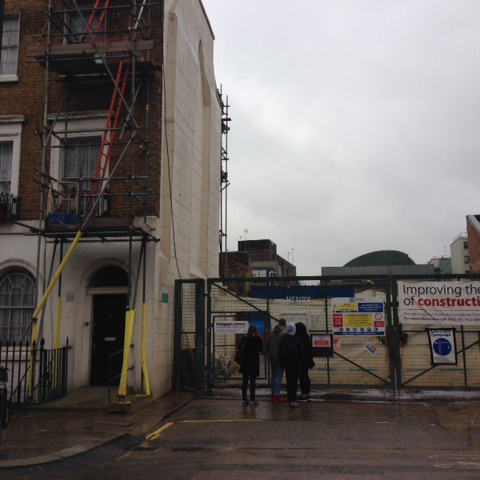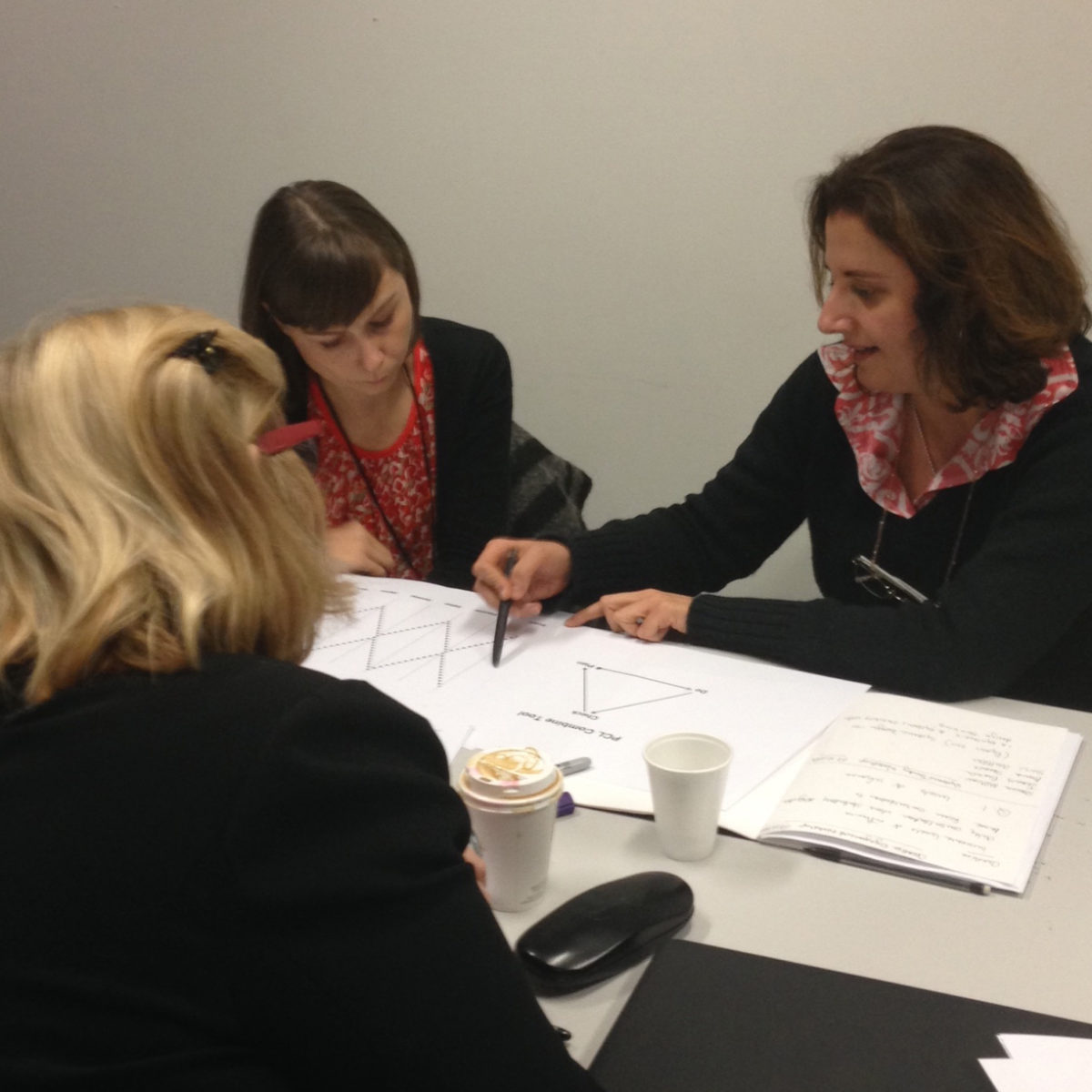A Vegetarian Octopus, a Pineapple and a Box…
…not the latest weird detox diet or the beginning of a joke, but a creative exercise to kick-start a PCL student project focusing on Youth Hubs in Camden. PCL Principle Investigator Professor Adam Thorpe facilitated a workshop for first year CSM MA Narrative Environment students on co-discovery. The group is made up of ten students from ten different countries that all bring their cultural influences, as well as their differing design disciplines, to the work.
This project gives the students a unique insight into how their skills and competences can contribute to the co-creation of place-based propositions for local societal challenges. The students will act as a bridge between a range of different organisations and individuals, helping to articulate and visualise the narratives of young people that are often overlooked. The group is divided into three smaller groups who have so far scoped their different youth centres and met some of the teenagers who use them, as well as interviewing the staff. The initial site visits have introduced the students to the buildings, people and the locales they will be working in. Some of the students managed to squeeze a game of pool in too, all in the name of research, of course.



